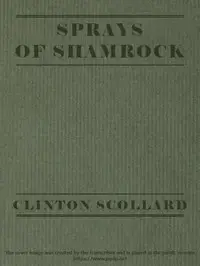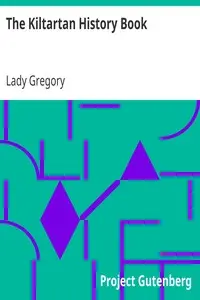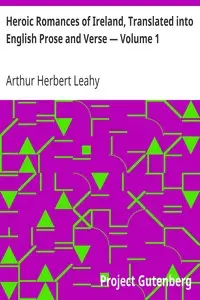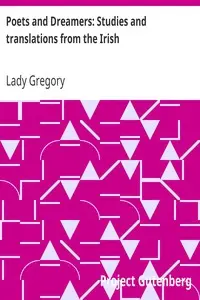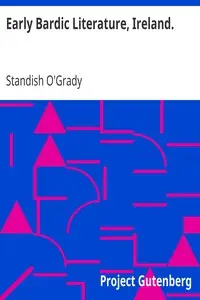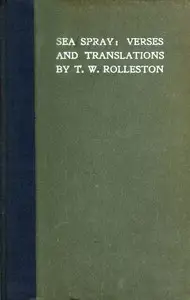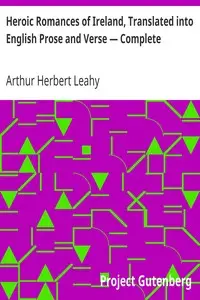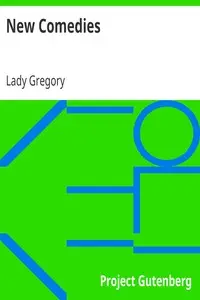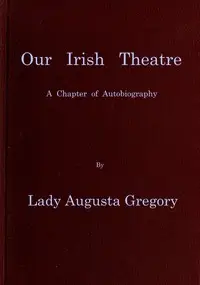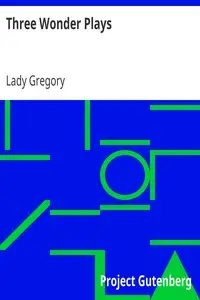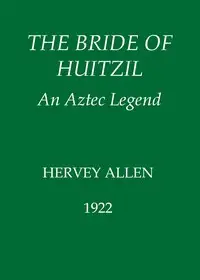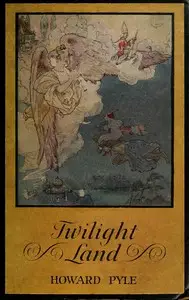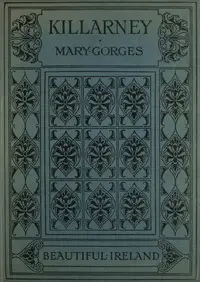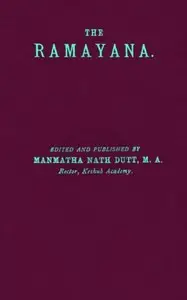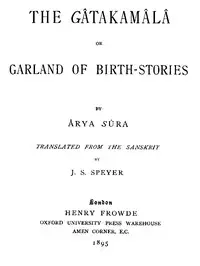"The Kiltartan Poetry Book; prose translations from the Irish by Lady Gregory" is a treasury of Irish poems rendered into prose, offering readers a glimpse into the heart of Irish culture and tradition. Within its pages are stories of love, loss, and courage, all echoing the spirit of Ireland's vibrant past. Lady Gregory, a key player in the Irish Literary Revival, presents these translations as a way to connect readers to the emotional and historical landscape of Ireland, emphasizing the special relationship between the people and their homeland. These stories, peopled with legendary figures and vivid imagery, echo sentiments of longing and celebrate Irish identity, giving readers a chance to hear the powerful tales woven into their cultural history.
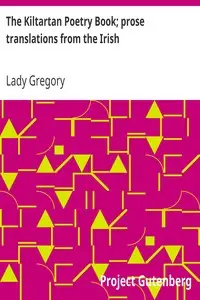
The Kiltartan Poetry Book; prose translations from the Irish
By Lady Gregory
Explore ancient Ireland through captivating stories of love and loss, where heroic figures and lush landscapes come to life.
Summary
About the AuthorIsabella Augusta, Lady Gregory was an Anglo-Irish dramatist, folklorist and theatre manager. With William Butler Yeats and Edward Martyn, she co-founded the Irish Literary Theatre and the Abbey Theatre, and wrote numerous short works for both companies. Lady Gregory produced a number of books of retellings of stories taken from Irish mythology. Born into a class that identified closely with British rule, she turned against it. Her conversion to cultural nationalism, as evidenced by her writings, was emblematic of many of the political struggles that occurred in Ireland during her lifetime.
Isabella Augusta, Lady Gregory was an Anglo-Irish dramatist, folklorist and theatre manager. With William Butler Yeats and Edward Martyn, she co-founded the Irish Literary Theatre and the Abbey Theatre, and wrote numerous short works for both companies. Lady Gregory produced a number of books of retellings of stories taken from Irish mythology. Born into a class that identified closely with British rule, she turned against it. Her conversion to cultural nationalism, as evidenced by her writings, was emblematic of many of the political struggles that occurred in Ireland during her lifetime.

